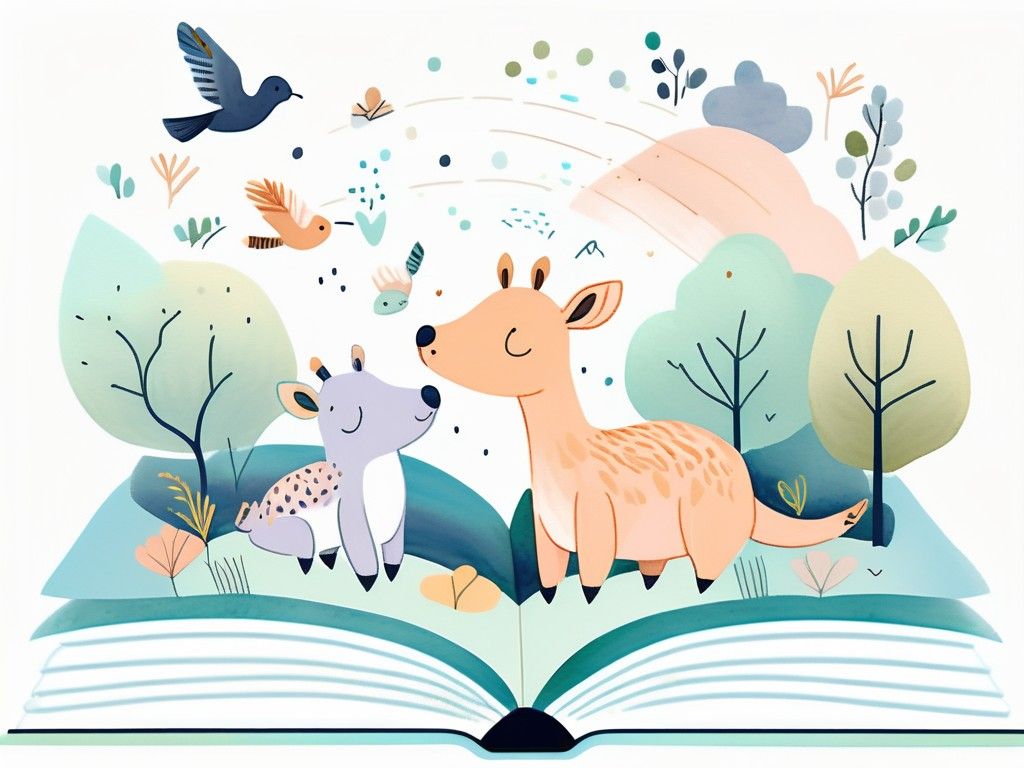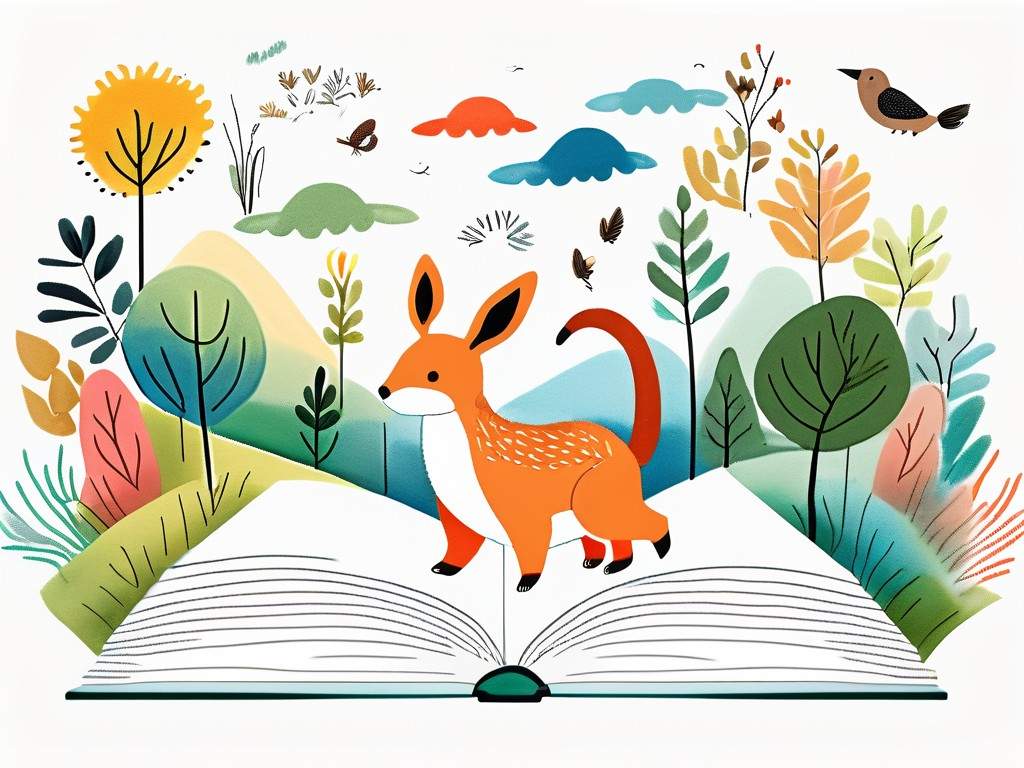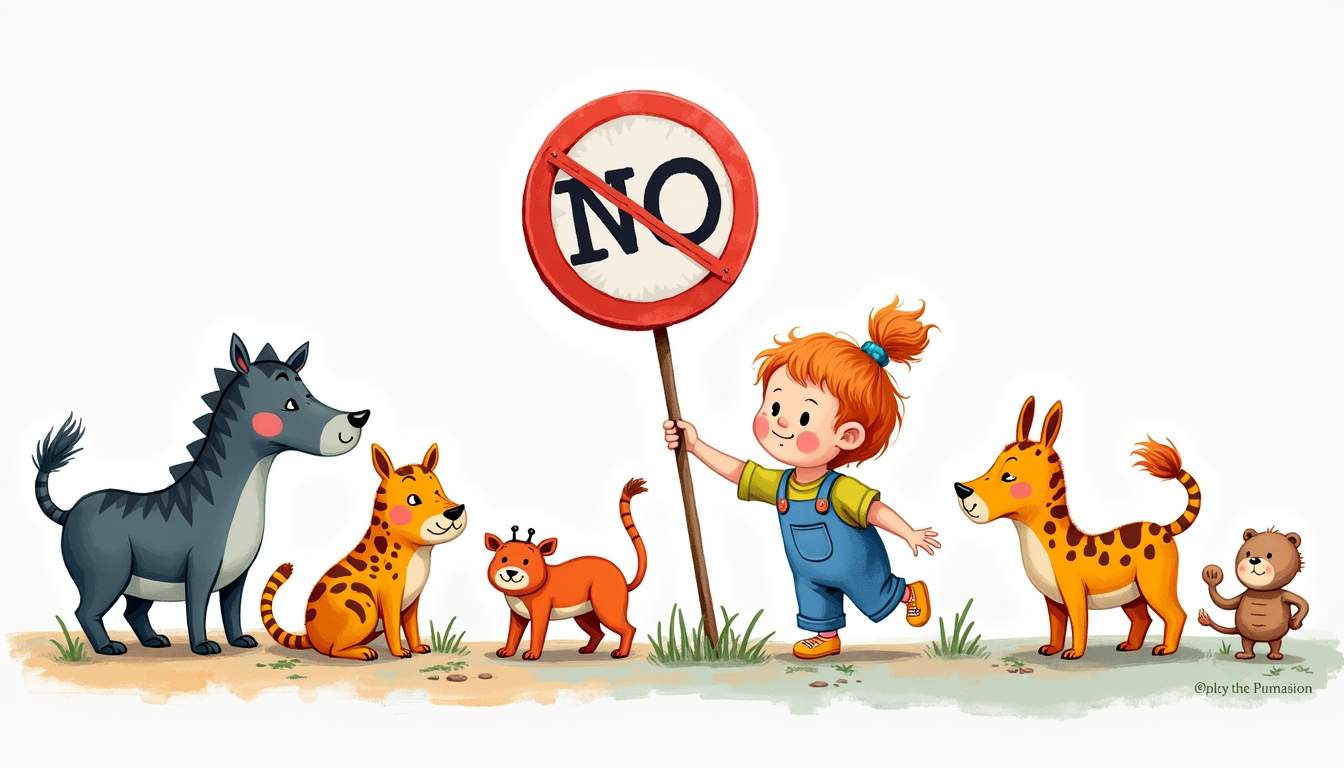Reading to your baby is not just a way to pass the time; it can significantly impact their development and future success. From the moment they are born, infants are absorbing information and experiences from their surroundings. This means that the simple act of reading can lay the foundation for cognitive, emotional, and social growth. In this article, we will explore the various dimensions of reading to your baby and why it is an invaluable practice.
Understanding the Importance of Reading to Your Baby
Understanding the significance of reading to your baby involves recognizing how it contributes to a myriad of developmental milestones. Research consistently shows that early exposure to language and literature fosters a love for reading and provides a strong frame for learning throughout life.

The Role of Reading in Cognitive Development
Neurological studies indicate that during the first few years of life, a baby’s brain develops rapidly, forming billions of new neural connections. When you read to your baby, it stimulates these connections, enhancing cognitive development. This foundational skill not only helps with early literacy but also instills critical thinking and problem-solving skills that are essential later on.
Moreover, cognitive benefits extend beyond academics; they help shape how babies perceive the world and interact with it. A child who experiences stories learns to make sense of narratives, understand sequences, and grasp the basic components of communication. This lays a groundwork for all future learning. Additionally, the rhythmic patterns and sounds of language encountered in books can enhance auditory processing skills, allowing babies to better distinguish between different sounds and tones, which is crucial for language acquisition.
Emotional Benefits of Reading to Your Baby
Reading offers profound emotional benefits that create a soothing bond between you and your baby. The act of reading together can be a calming routine, helping to establish security and comfort. Infants thrive on connection, and sharing stories offers an opportunity for closeness and interaction.
Furthermore, engaging with your baby through reading can enhance their emotional intelligence. When you discuss characters’ feelings or scenarios, you teach your infant about empathy, compassion, and social understanding. This early exposure to emotional content plays a critical role in developing emotional regulation skills later in life. The stories you choose can also introduce your baby to diverse cultures and experiences, broadening their understanding of the world around them. By exploring different characters and settings, your baby learns to appreciate diversity and develop an open-minded perspective, which is invaluable in today’s interconnected society.
The Science Behind Reading to Infants
The science behind the benefits of reading to infants is well-founded in developmental psychology and neurology. Scientists have explored how different types of stimuli affect brain growth, and reading stands out as a highly beneficial activity.
How Reading Stimulates Brain Development
Reading stimulates brain development in infants by providing them with both auditory and visual stimulation. When you read aloud, your baby hears the cadence, rhythm, and emotive nuances of language, which sparks interest and attention. This stimulation of their senses is crucial for their overall cognitive growth.
Additionally, the visual elements of books, especially in picture books, engage their developing eyesight and aid in visual discrimination. This combination of auditory and visual stimuli leads to enhanced sensory integration and brain function. Furthermore, the act of turning pages and interacting with the book can also improve fine motor skills, as infants learn to grasp and manipulate objects. These early interactions with books not only foster a love for reading but also lay the groundwork for future learning experiences.
Language Acquisition and Reading
Language acquisition is another vital area where reading plays a transformative role. Researchers show that children exposed to rich language experiences around the time of their birth to age three develop larger vocabularies and better comprehension skills than those who aren’t.
Reading introduces your baby to words and phrases they may not encounter in everyday life. It also gives them context, helping to understand meanings and proper usage. The repetition of sounds and words reinforces memory, solidifying language skills that are essential for future academic success. Moreover, engaging with books allows infants to hear diverse sentence structures and vocabulary, which can enhance their ability to express themselves verbally. The emotional bonding that occurs during reading sessions also contributes to their social and emotional development, as they learn to connect with others through shared stories and experiences.
Choosing the Right Books for Your Baby
Selecting appropriate literature for your baby can significantly enhance their reading experience. Not all books provide the same level of engagement or developmental benefits. Understanding what types of books are suitable is crucial for your baby’s reading journey.

Age-Appropriate Books for Infants
When choosing books for infants, prioritize age-appropriate options that cater to their developmental stage. Board books that are durable and have engaging illustrations tend to be highly effective. Textured books that allow babies to touch and interact provide a multi-sensory experience that captivates their interest.
Look for books with simple, repetitive text and bright colors. These elements not only make reading fun but also help to hold their attention and encourage bonding time between parent and child. Additionally, consider books that incorporate mirrors or flaps; these interactive features can delight babies and keep them engaged as they discover new elements on each page.
The Power of Picture Books
Picture books are powerful tools for engaging babies, as they rely on visual storytelling elements that appeal to their developing senses. The illustrations can spark conversations, allowing you to explore stories and concepts interactively. As you go through a picture book, ask your baby questions about the images or relate the situations in the book to their experiences.
Moreover, picture books can introduce new concepts, from colors to emotions, in a fun and approachable manner. They serve as valuable educational resources that can expand your baby’s understanding of the world around them. Look for books that feature diverse characters and settings, as this can help foster an early appreciation for different cultures and perspectives. Engaging with such stories can lay the groundwork for empathy and understanding as your child grows.
In addition to traditional picture books, consider incorporating digital storytelling apps that offer interactive reading experiences. These apps often include animations and sound effects that can further enhance engagement. However, it’s essential to balance screen time with physical books to ensure that your baby experiences the tactile joy of turning pages and the warmth of cuddling up with a parent during storytime.
Making Reading a Regular Activity
To maximize the benefits of reading to your baby, it’s essential to make it a regular activity instead of a sporadic one. Integrating reading into your daily routine ensures consistency and reinforces its importance in your child’s life.
Incorporating Reading into Your Daily Routine
Set aside specific times throughout the day for reading, whether it’s after breakfast, during quiet time, or before bedtime. Creating a reading ritual fosters anticipation and excitement in your baby as they learn to associate books with warmth and affection.
Furthermore, keep a variety of books accessible. Encourage older siblings and family members to participate in reading too, creating a culture of literacy and learning within the family dynamic. The more opportunities you provide, the more your baby will see reading as a valued activity.
Tips for Engaging Your Baby During Reading Time
To make reading time engaging and interactive, use different voices and tones to differentiate characters. This not only captivates your baby’s attention but also provides an entertaining experience. Utilize facial expressions and gestures that correspond with the narrative, further enhancing their engagement.
Encourage participation by allowing your baby to turn the pages, point at pictures, or even mimic animal sounds or actions you discuss. By making reading a collaborative experience, you nurture their love for books and reinforce their learning.
Overcoming Common Challenges in Reading to Babies
Despite the numerous benefits, parents may face challenges that can make reading to their babies seem daunting at times. Addressing these common hurdles can ensure a smoother experience for both you and your child.

Dealing with a Fussy Baby During Reading Time
It’s not uncommon for babies to become fussy or distracted during reading time, especially at certain developmental stages. If your baby seems restless, consider shortening the reading sessions and gradually increasing their length over time.
Introduce reading when your baby is calm and in a good mood. A comfortable environment with minimal distractions can also aid focus. If your baby isn’t interested in one book, try switching to a different one that might pique their curiosity more.
Balancing Reading with Other Activities
Finding a balance between reading and other essential activities can be a challenge for parents. However, remember that reading doesn’t have to consume large blocks of time. Short, engaging story sessions can be just as effective and enjoyable.
Incorporate reading throughout various activities, such as reading a quick story during diaper changes or while breastfeeding. This flexibility helps integrate reading into your daily life, reinforcing its importance without overwhelming your schedule.
In conclusion, reading to your baby is an invaluable practice with far-reaching effects on cognitive, emotional, and social development. By understanding the importance of reading, utilizing the science behind it, and overcoming challenges, parents can cultivate a love for literacy that will benefit their children for years to come.











